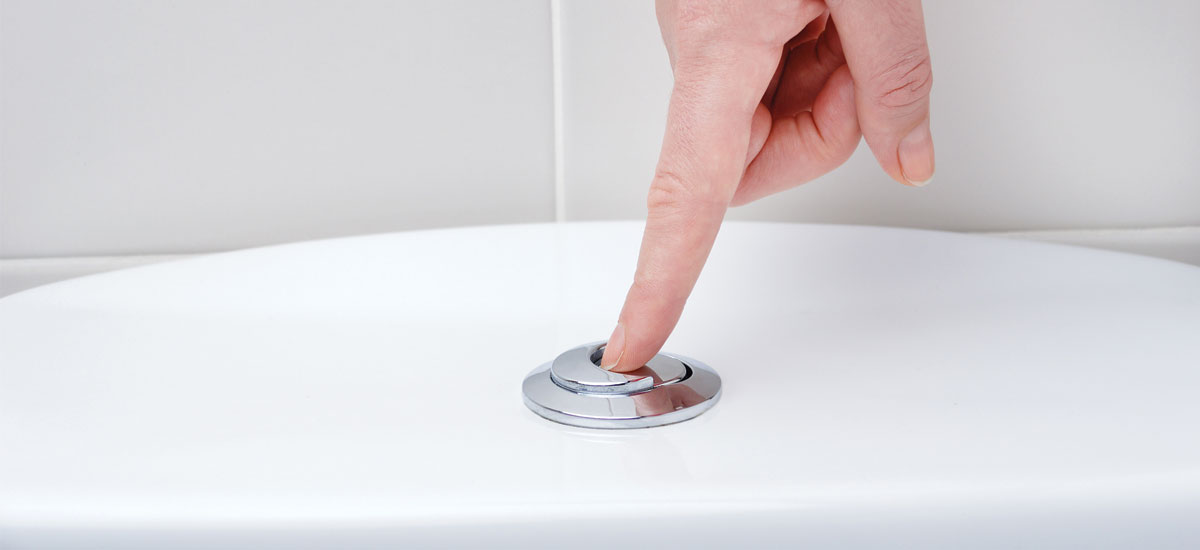FOR A FAST QUOTE CALL
0448 177 762FOR A FAST QUOTE CALL
0448 177 762
Homeowners sometimes flush items that you shouldn’t flush—items that weren’t intended to dissolve as well—whether it’s because they’ve used the last of the toilet paper or because they forgot (or were too lazy). When the “unsinkable” occurs, they are left with an unsightly mess, a toilet plumber appointment, and a big expense.
Toilets are a contemporary convenience that handles human waste, but they are less effective at getting rid of other objects. Instead of throwing away certain home items, flushing them might block drain pipes, taint the water supply, or even cause environmental harm. Therefore, you can avoid a plumbing disaster and an expensive bill by following these guidelines from professional plumbers for what not to flush down the toilet.
Everyone knows the hassle caused by a clog in our wastewater system. Additionally, we know that it often results from materials you shouldn’t flush down the toilet. On the other hand, we’re all guilty of flushing stuff down the toilet even when we know better. According to the best plumbing companies, here are the topmost things you should never flush down the toilet to keep your plumbing system functioning properly.
Pads, tampons, and other menstrual items are made to absorb water, not degrade! You can only picture what the items are doing in your drainage system as they grow and absorb moisture. You should throw away menstruation products in the trash, not in your toilet.
Paper towels and face wipes are not a good replacement for toilet paper if you run out, at least not for your drains. Unlike toilet paper, which dissolves in water, these paper products are made to absorb water. Therefore, according to blocked drain plumber experts, they are more inclined to clog your pipes. Never flush tissues or paper towels down the toilet; instead, put them in the trash.
Even in a small newborn size, a single expendable diaper is likely to block the toilet. Roll the dirty diaper into a ball and fasten it with the sticky strips on the diaper to get rid of it. Place the diaper in a little trash bag before disposing of the whole item.
Diapers are still being flushed down toilets by some individuals. And those who do it will quickly clog a toilet. The fact that modern infant diapers are composed of materials that inflate when in contact with water only makes matters worse. Therefore, drainage plumbers recommend that you dispose of them in the trash instead of the toilet.
While cotton balls, rounds, and swabs may seem too little to flush, they may damage your pipes significantly. These cotton goods do not degrade in the water when flushed. Rather, they often accumulate inside pipes. Blockages and even twisted or damaged pipes may occur from this.
Dropping your old cotton swab in the toilet may seem easy after cleaning your ears or removing stray eyeliner smudges. Resist the desire! Cotton swabs are infamous for collecting everything you flush and getting trapped in drain pipe bends, causing a major blockage. Every toilet plumbing company recommends disposing cotton items in the trash bin rather than the toilet.
Clay and sand in cat litter, particularly “clumping” kinds, bind to humidity. When your cat urinates, the wetness condenses into pieces of hard material that may block pipes and toilets. Rather than flushing, place the trash and dirty litter in a disposable bag, seal it, and then discard it.
Some cat litter companies make the flush-ability promise. However, the majority of toilets don’t utilise enough water to transport the waste through your pipes adequately. Do not dump kitty litter down the toilet, despite the manufacturer’s assertions to the contrary.
All it does is make the water tougher to clean by adding additional impurities to it. Because toilets can only flush water-soluble excrement, cat feces from the litter box should also not be flushed because the litter denatures the material. All professional plumbers recommend that you throw away the cat litter in the rubbish bin.
Organic material does not guarantee that it won’t harm the environment. Regrettably, it does. Similar to dental floss, hair aids in forming large balls that cause significant sewage system obstruction and trap offensive smells in your pipes. Keep your brushes and hairbrushes away from the toilet while combing your hair or washing them.
The toilet should not be the location of those large hair clumps on your hairbrush. Hair is another non-dissolver that readily catches on any pipe protrusion. Then, those clingy particles capture more rubbish, creating tough jams that may need a drain snake to clear. Put that mess in the garbage, or you’ll have to call a toilet plumber.
It’s crucial to keep in mind that a toilet does not serve as a substitute for your rubbish can. You may safeguard your plumbing by adhering to professional recommendations for what you cannot flush down the drain. If in doubt, flush it rather than throw it in the garbage.
Since the average drainage pipe is just four inches wide at its widest point, even little, apparently unimportant objects may result in serious plumbing issues. It may cost a fortune to hire a professional toilet plumbing company to snake your blocked drain, not to mention the cost of fixing water damage by a gushing toilet. If you follow the advice above, you can easily avoid a plumbing emergency.
If you have blocked your toilet, give your local plumbing company – Zabs Plumbing Services – a call today on 0448 177 762 for a quick and guaranteed service.